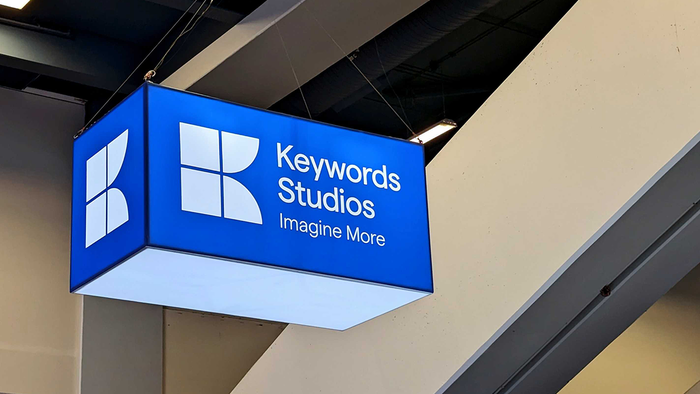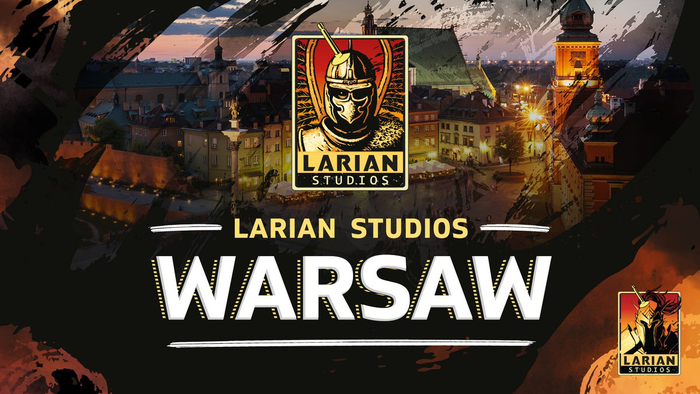Editorial: Looking For The Next Mobile Gaming Killer App
In this exclusive Games On Deck editorial, Digital Chocolate CEO and EA/3DO Alumnus Trip Hawkins looks for "The Next Mobile Gaming Killer App" using the example of the current range of "killer apps" available on the Web, and points towards Digital Chocolate's DChoc Café series as a step in the right direction.

 The mobile industry has been disappointed by the large gap between voice and data ARPU (Average Revenue Per User) and the failure of first-generation content to close this gap. Today, all forms of content downloads comprise less than two percent of mobile revenue. And only five percent of mobile users have downloaded a game, with many of them failing to make a repeat purchase. Research findings suggest a lack of public awareness, deck visits, deck purchases, and repeat visitors making repeat purchases. The bottom line is that the public won't take time to figure this out by themselves, and they won't spend hard cash on unproven content offers that merely provide another way to kill time. They want it to be easier and they want it to mean much more to them, or else they will continue to go elsewhere with both their time and money.
The mobile industry has been disappointed by the large gap between voice and data ARPU (Average Revenue Per User) and the failure of first-generation content to close this gap. Today, all forms of content downloads comprise less than two percent of mobile revenue. And only five percent of mobile users have downloaded a game, with many of them failing to make a repeat purchase. Research findings suggest a lack of public awareness, deck visits, deck purchases, and repeat visitors making repeat purchases. The bottom line is that the public won't take time to figure this out by themselves, and they won't spend hard cash on unproven content offers that merely provide another way to kill time. They want it to be easier and they want it to mean much more to them, or else they will continue to go elsewhere with both their time and money.
Perhaps a more glaring illustration of the problem is that the last several years of mobile content have produced exactly zero killer apps. And yet in this same time period, the dotcom bubble that seemed flattened and dominated by AOL and Yahoo! came back from the dead with several killer apps, ranging from MySpace to Facebook to NeoPets to YouTube, with hundreds more now venture-funded and on the way.
Why can't mobile be more like the Web? Well, it can. We just need to repeat the lessons that were learned from SMS, the first mobile killer app, which followed the Internet principles of social value and viral spread. Let's look at another form of content for insight: coffee.
I believe data ARPU can catch up with voice, closing a gap that is around $300 billion worldwide. An industry veteran joked to me once that this would require a giant leap in Gross Domestic Product in the economies of many lands. This worried me, but then I thought about Starbucks. They closed a similar gap with their customers.
Starbucks entered a mature beverage industry and added personalization and a warm social environment to the mix, and socially-starved urban consumers literally lapped it up. A consumer that finds the coin to visit Starbucks three times per week will be spending as much as they do on their mobile phone bill each month. But closing this gap is not about conventional content in the same way that Starbucks is not really about the coffee.
People need new ways to connect with friends and meet new people. And there needs to be a simple method that enables them to spread virally. SMS became one of these, and it is the major component of mobile data revenue today. Consider that most people learned how to SMS from someone else. The same demand and viral spread is driving killer apps on the Web.
It also helps if these services are emotionally-themed and have a sense of place - a key with both real and virtual locations ranging from your local Starbucks to the NeoPets Website. There's nothing wrong with functional communications pipelines like voice, SMS, and IM, but when you provide a context that gives people an excuse to congregate and something to do and talk about, they will find deeper meaning and spend more money.
These principles are reflected in the new DChoc Café series from Digital Chocolate. Consumers can personalize their own virtual cafe shops as well as avatars representing themselves and their friends, all while playing high-quality casual games like DChoc Café Solitaire, DChoch Café Sudoku, DChoc Café Kakuro, and DChoc Café Mahjong. They can play games together or play different games while competing to win and unlock the same treasured and rare shirt for their avatar to display.
A variety of 10 unique viral methods enable consumers to discover the Café series for the first time. Even better, consumers can have a free trial, unlike the history of most mobile downloads that always asked for the money up front. It might be an SMS from a friend that contains a link, or an email, or a short-code, or even a free trial that was preloaded onto a new handset. The games also cross-promote, so that a consumer that is playing any one of the games is regularly offered free trials on the other games. The key is to enable viral discovery and free trial like the Internet, where a customer may be only one click away.
In this model, carrier relationships are paramount since the carrier deck remains indispensable. The deck keeps the real games in inventory and listed where they can be found by early adopters browsing the deck. Early adopters and other efforts kick off the viral spread. Downstream, many customers can discover and try the product without a deck visit. But in each of these cases, when the free trial ends, customers that want to pay to keep playing are deep-linked back to their own carrier deck for the purchase and download of the real article. And as they keep playing, cross-promotion makes more deep-links to more purchases.
This process changes the psychology of both deck placement and consumption.



DChoc Café
With first generation content, deck placement was king, queen, jacks, and aces. The whole shebang, and it put too much focus on famous brands that could not deliver mobile value, and it hurt the little guy that had something cool and original that made more sense for the mobile medium. DChoc Café Solitaire is not riding on a famous movie brand. But every mobile consumer who sees that deck listing will have a good idea of what it is, and they will know it is a casual game that they can handle, and that their friends can handle, too. And they'll be curious about the adjective, "cafe" on the front of the deckname. Free trial offers from the deck will generate plenty of traffic. But what will make DChoc Café Solitaire a better and harder-working deck listing than a movie license is what happens later. The stickiness and value of social community and user-generated content. The viral spread. The cross-promotion. And all those deep-links back for more purchases, all of which may have come from just one initial deck visit that planted the first seed.
This business model, which I have been calling "Mobile Games 2.0," should be the hardest-working deck listing any carrier has ever seen or imagined. The quality and deeper emotional value of the experience will not only generate more deck visits and repeat purchases, but it will expand the market to new consumers who are not now playing mobile games, because, frankly, they already have plenty of ways to kill time. These consumers won't come to kill time. They'll come to have fun that connects them with other people and adds meaning to their lives.
If carriers want to keep waiting for the public to stumble onto the deck to buy movie licenses and arcade hits that are 30 years old, we'll be like an old car overheating in the slow lane. Mobile content won't add value to the media world. We will all watch as the rebirth of the Internet through Web 2.0 blows past mobile like a Beemer on the autobahn.
Instead, let's crank up our own car and get in the fast lane. We did it with SMS. And we can follow the examples of Starbucks, the Internet, and the DChoc Café series. It's time for Mobile Games 2.0.
[Trip Hawkins is Chairman and CEO of Digital Chocolate, a leading publisher of high-quality, original games and software for mobile phones.
Trip is responsible for the strategic focus, overall direction, and performance of the company. Trip has been a new media pioneer for 30 years. Early in his career, Trip played a key role in defining the personal computer at Apple. He went on to found Electronic Arts and built the company into the industry leader. Trip also founded 3DO, a pioneer in digital video, network gaming, and social communities. The author of three patents, Trip introduced the use of celebrities and athletes in video games, and his design credits include award-winning best-sellers such as John Madden Football, Army Men, M.U.L.E., Doctor J and Larry Bird Go One on One, and High Heat Baseball. Trip received an MBA from Stanford University and developed his own major at Harvard University, where he graduated magna cum laude with a degree in Strategy and Applied Game Theory. He was also the first business executive to be inducted into the Hall of Fame by the Academy of Interactive Arts and Sciences.]
About the Author(s)
You May Also Like







.png?width=300&auto=webp&quality=80&disable=upscale)





